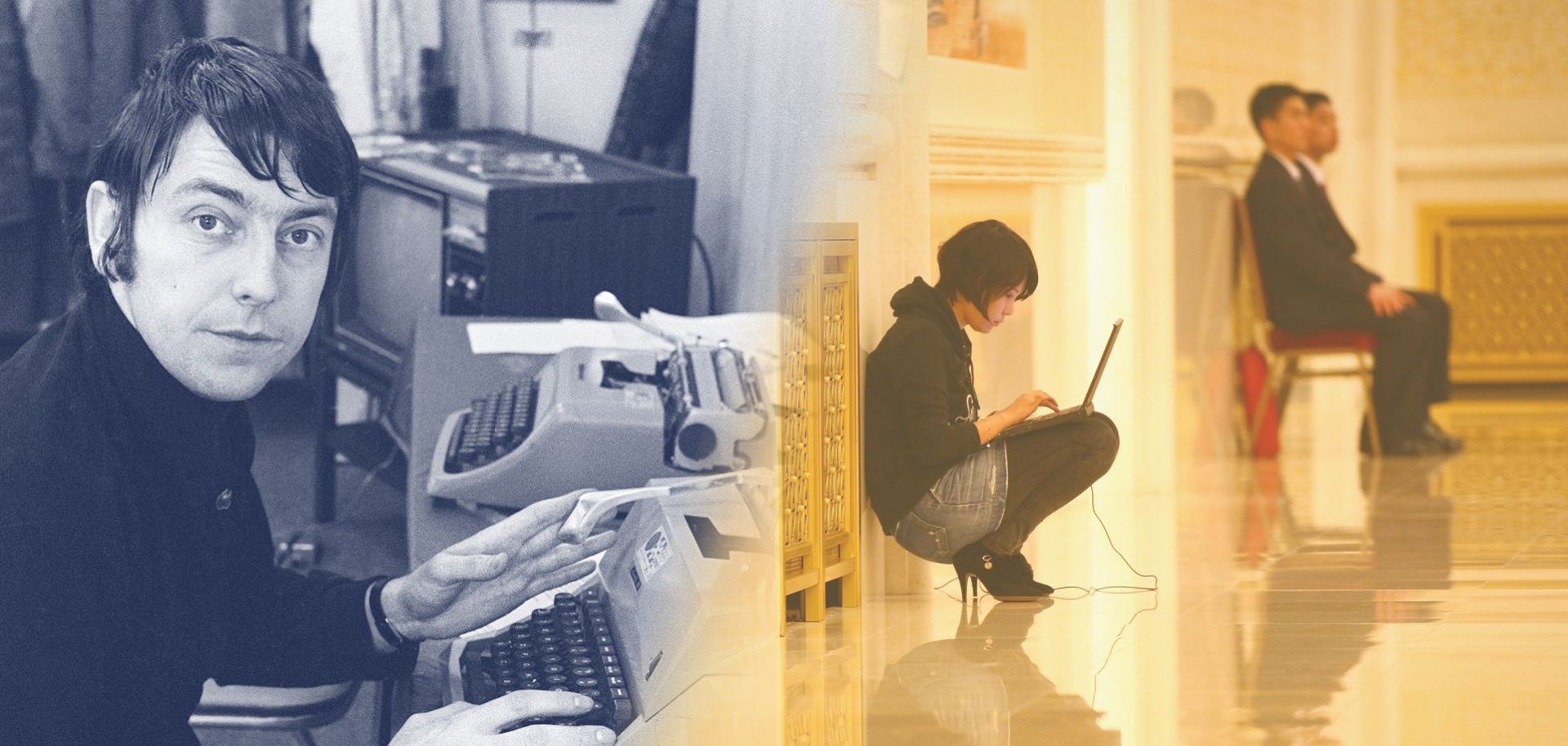My parents' stories about being foreign correspondents during the 1980s make me long for a very different time in journalism. Back then, most major national news outlets, including the Chicago Tribune and The Boston Globe, had well-staffed bureaus in the Middle East. And because the internet, hailed in its infancy as the savior of the news media, had not yet devastated a business model built around lucrative print advertising, there was enough money to ensure that foreign correspondents were paid a living wage. Without the echo chamber and feedback loop of social media, news companies didn't have to factor in the number of clicks a well-written, long-form piece on some depressing but important topic might get -- they could just publish the piece with the understanding that their relatively stable readership would survive....


